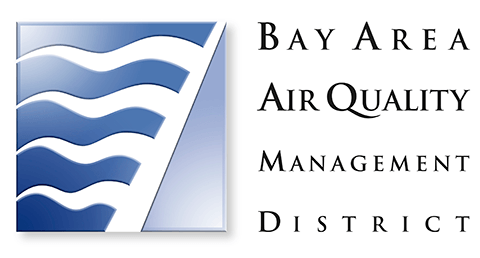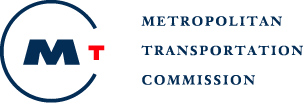California mayors, city council members, county supervisors, city managers and other high level department heads will all come together in the middle of the breathtaking beauty of Yosemite National Park at the 26th Annual Yosemite Policymakers Conference in March 2017.
This popular conference always features a timely and inspirational agenda designed to assist California’s policymakers in finding the tools and support they need to implement innovative solutions to address society’s most pressing challenges. This year’s conference will be no different with its focus on Sustaining our Progress and Protecting the American Dream.
The Road Ahead: Sustaining Our Progress, Protecting the American Dream
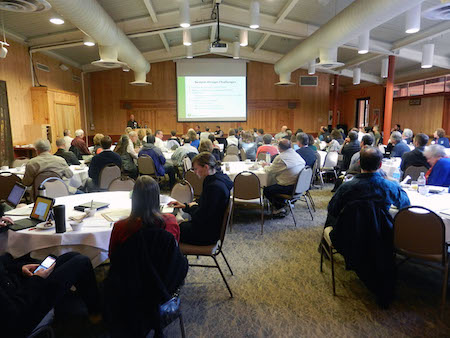 The American Dream has been getting harder for the average person to achieve… and November’s national election results have raised serious questions about the potential effects of changes in legislative and budgetary support for social services and environmental action. With the status of new EPA leadership, the Paris Agreement, the Clean Power Plan, the Clean Water Act and a slew of social protections in question, California’s role as a beacon for progress, innovation and environmental leadership is ever more critical. The 2017 Yosemite Conference will focus on protecting and advancing critical elements of the American Dream, ranging from affordable housing and reliable transportation options to sustainable natural resources (including clean air and water) and equitable opportunities for our diverse communities.
The American Dream has been getting harder for the average person to achieve… and November’s national election results have raised serious questions about the potential effects of changes in legislative and budgetary support for social services and environmental action. With the status of new EPA leadership, the Paris Agreement, the Clean Power Plan, the Clean Water Act and a slew of social protections in question, California’s role as a beacon for progress, innovation and environmental leadership is ever more critical. The 2017 Yosemite Conference will focus on protecting and advancing critical elements of the American Dream, ranging from affordable housing and reliable transportation options to sustainable natural resources (including clean air and water) and equitable opportunities for our diverse communities.
Housing
The average price tag to own or rent a home in California is more than double the national mark. To keep pace with nationwide housing costs, California would have needed to build millions more new homes over the last three decades. Our panelists will explore potential decisions by the new federal administration, and discuss state and local strategies to increase housing supply and affordability.
Transportation
Transportation is the second-largest expense for most households, with those in auto-dependent regions spending 25% of their income. Cities with good transit systems can also save riders up to $10,230 annually if they switch from owning a car to taking transit. Unfortunately, the state is struggling with a big infrastructure-funding shortfall, much less finding new dollars to increase transit. If there is a silver lining, cities and counties have increasingly realized that they can’t depend on state and federal government to meet their needs, and have been putting measures on the ballot to fund their own regional transportation priorities. The voters concurred, approving 75% of local transportation measures on the November ballot – proving once again that Americans want better transportation options. Our panelists will explore potential consequences for transportation under the new federal administration (including privatization of infrastructure), discuss the local advantages of emerging advancements in autonomous vehicles, and share local strategies to increase transportation funding.
Sustainable Natural Resources
The president-elect has worried smart-growth practitioners with his campaign-season denouncement of climate-change– threatening to eliminate the EPA and the Clean Power Plan and pull the U.S. out of the Paris Agreements. Those early fears have been heightened by the recent appointment of climate contrarian Myron Ebell to lead the EPA transition. That said, climate-change leadership and innovative responses continue to been driven at the state and local level – from the bipartisan U.S. Conference of Mayors Climate Protection Agreement in 2005 to California’s landmark AB 32 (signed by a Republican governor). Governor Brown signed a first-of-its-kind agreement, the “Under 2 MOU,” with international leaders from 11 other states and provinces, collectively representing more than $25.7 trillion in GDP and over a billion people, to limit the increase in global average temperature to below 2 degrees Celsius. Our panelists will explore the new climate for climate-change initiatives within the new federal administration, and share how state and local governments can continue momentum to increase clean energy and fight climate change.
Equitable Opportunities
Underlying everything we do to improve housing and transportation and protect our environment is the imperative to continue to defend each other’s rights (particularly the rights of the poor, people of color, immigrants, women and LGBTQ). As public servants, we have a professional responsibility and a moral obligation to ensure that the decisions we make today uphold – and are grounded in – the expressed needs of our most vulnerable residents. In doing so, we can also help make the whole of our communities stronger and more resilient. Americans are resilient, and we’re accustomed to triumphing under adversity. Our nation needs bold, steadfast leadership from states like California now more than ever to maintain and extend hard-won social and environmental protections. We’re all in this together, rich or poor, north or south, red or blue. Together, we have a responsibility to protect our communities, natural resources and the industries that energize our Golden State.
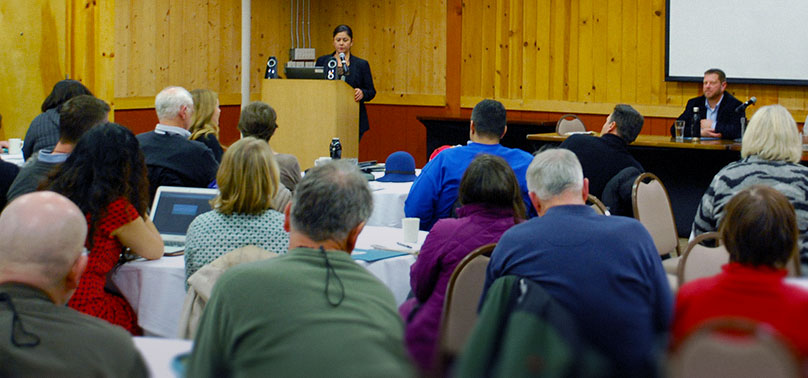 The conference often sells out because attendees say the format is uniquely structured to address today’s most pressing problems and showcase fresh ideas with hands-on discussion of how to implement them. The main conference program began at 7:30pm on Thursday, March 16, and continued through noon on Sunday. We encouraged attendees to bring their family, attend the opening session on Thursday evening, and use the session breaks to ski, hike, skate or just enjoy the breathtaking beauty of Yosemite in the winter. All conference sessions were held at the Yosemite Lodge.
The conference often sells out because attendees say the format is uniquely structured to address today’s most pressing problems and showcase fresh ideas with hands-on discussion of how to implement them. The main conference program began at 7:30pm on Thursday, March 16, and continued through noon on Sunday. We encouraged attendees to bring their family, attend the opening session on Thursday evening, and use the session breaks to ski, hike, skate or just enjoy the breathtaking beauty of Yosemite in the winter. All conference sessions were held at the Yosemite Lodge.
Thursday, March 16
Kick Off Plenary – Driving Growth, Innovation and Equity Within California’s Economy
Friday, March 17
Addressing the Gap: Housing Supply and Affordability in California
- The State’s Response to Addressing Affordable Housing – Ben Metcalf
- Reducing Barriers to Affordable Housing Development – Curt Johansen
- Local Policy Levers to Increase Affordable Housing – Jeff Bellisario
Protecting and Advancing California’s Climate Leadership and the American Dream for ALL Californians
Saturday, March 18
The Future of Water in California
California’s Transportation System in a New Political Eras
Driving Forward: Society, Economy and Our Transportation System in the Era of Autonomous Vehicles
Sunday, March 19
Fighting Food Waste – Innovative Food Recovery Programs
Finding the Inspiration We Need
Resources
- Closing California’s Housing Gap, McKinsey Global Institute
- Solving the Housing Affordability Crisis – How Policies Change the Number of San Francisco Households Burdened by Housing Costs , Bay Area Economics, October 2016
- Let’s Talk Communities & Climate – Communication Guidance for City and Community Leaders, ecoAmerica, 2016
- CivicSpark AmeriCorps Program Information
2017 Conference Speakers
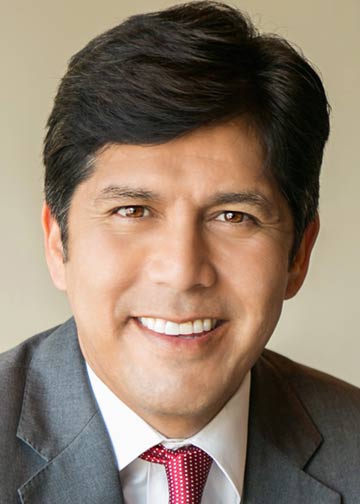
Honorable Kevin de León President pro Tempore & Representative of the Twenty Fourth Senate District, State of California
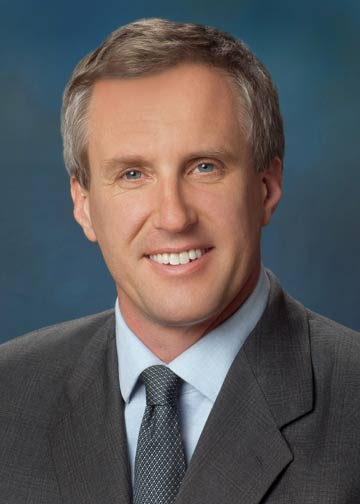
David Hochschild Commissioner, California Energy Commission
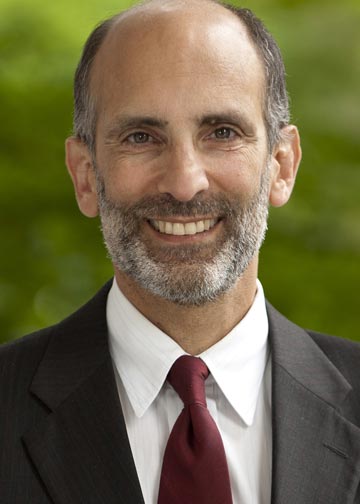
Ken Alex Director, Governor’s Office of Planning and Research
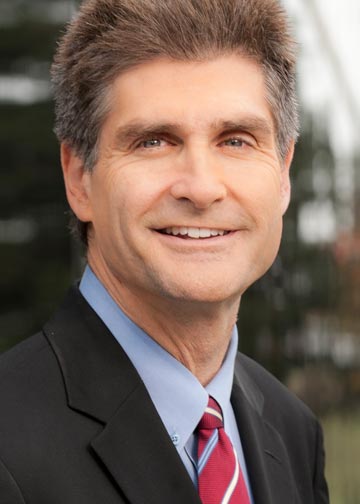
Carl Guardino CEO, Silicon Valley Leadership Group

Leticia Perez Supervisor, Kern County
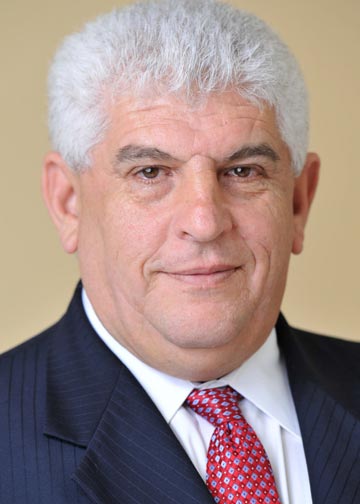
Hasan Ikhrata Executive Director, Southern California Association of Governments
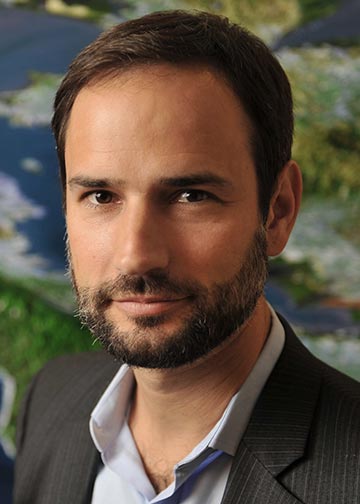
Micah Weinberg President, Bay Area Council Economic Institute
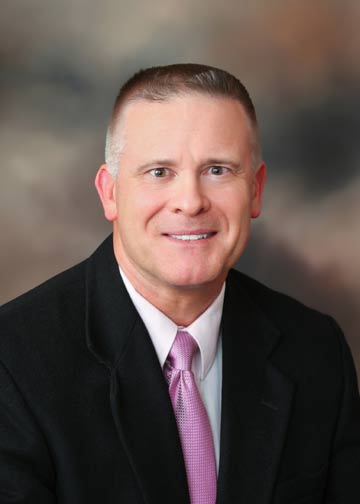
Richard Corey Executive Officer, California Air Resources Board
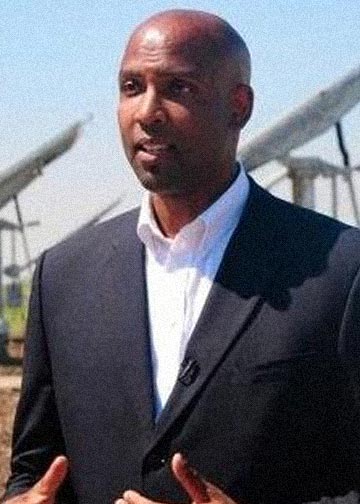
Louis Stewart Deputy Director of Innovation and Entrepreneurship, Governor’s Office of Business and Economic Development

Ryan Snyder Principal, Transpo Group

Eric Mar Supervisor, City and County of San Francisco
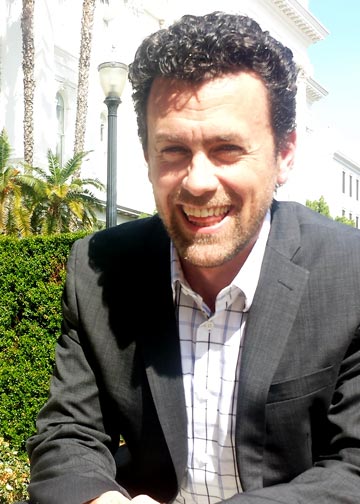
Chris Ganson Senior Planner, Governor’s Office of Planning and Research

Komal Ahmad Founder & CEO, COPIA

Paul Davis Transportation Partnerships Manager, Lyft
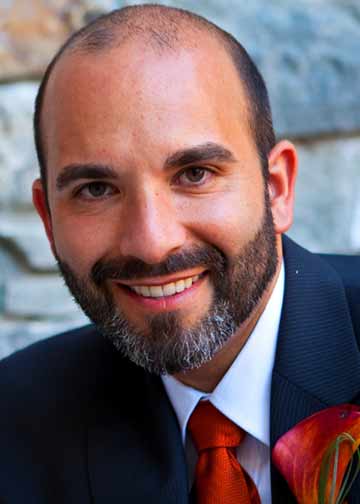
Colin Bailey Executive Director, Environmental Justice Coalition for Water
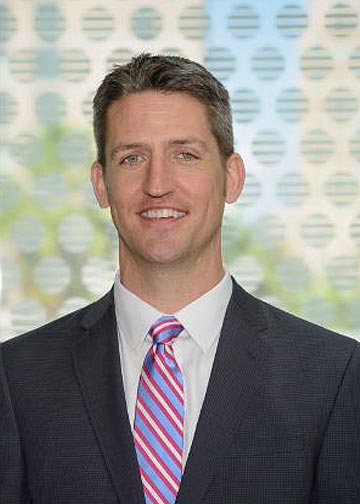
Shamus Roller Executive Director, National Housing Law Project

Shannon Peloquin Associate Partner, McKinsey & Company

Mindy Romero Founder and Director, UC Davis California Civic Engagement Project
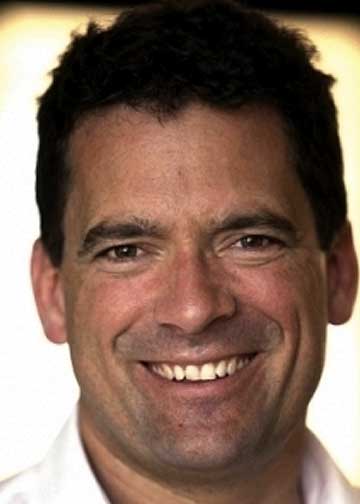
James Workman Co-Founder, AquaShares

Trish Kelly Senior Vice President, Valley Vision

Jeff Bellisario Vice President, Bay Area Council Economic Institute
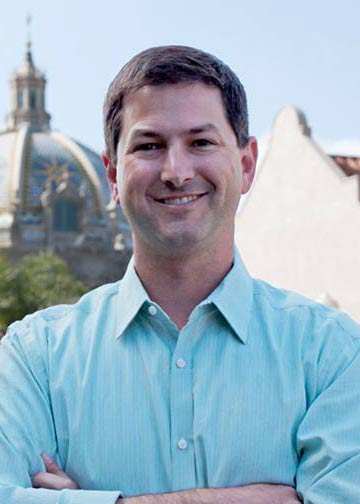
Chris Ward Councilmember, City of San Diego
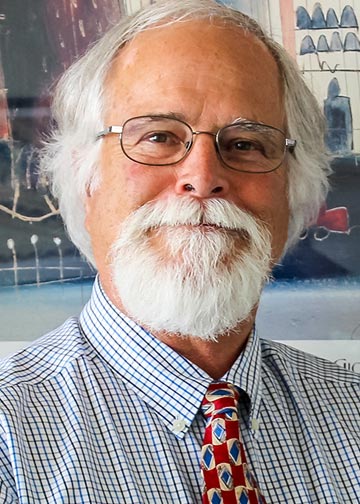
Keith Bergthold Executive Director, Fresno Metro Ministry
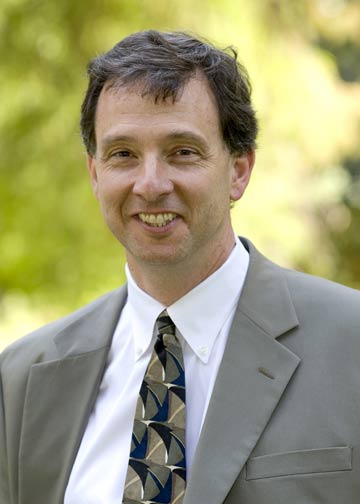
Alf Brandt Senior Counsel, CA State Assembly Speaker Rendon

Jennifer Harder Professor of Water Resources Law, McGeorge School of Law
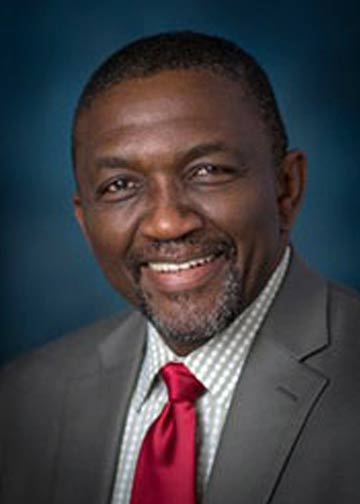
Kome Ajise Chief Deputy Director, Caltrans

Ben Metcalf Director, California Department of Housing and Community Development

Curt Johansen President, Council of Infill Builders
Thank you to our 2017 Conference Sponsors!
Contributors
Benefactors
Scholarship Funders
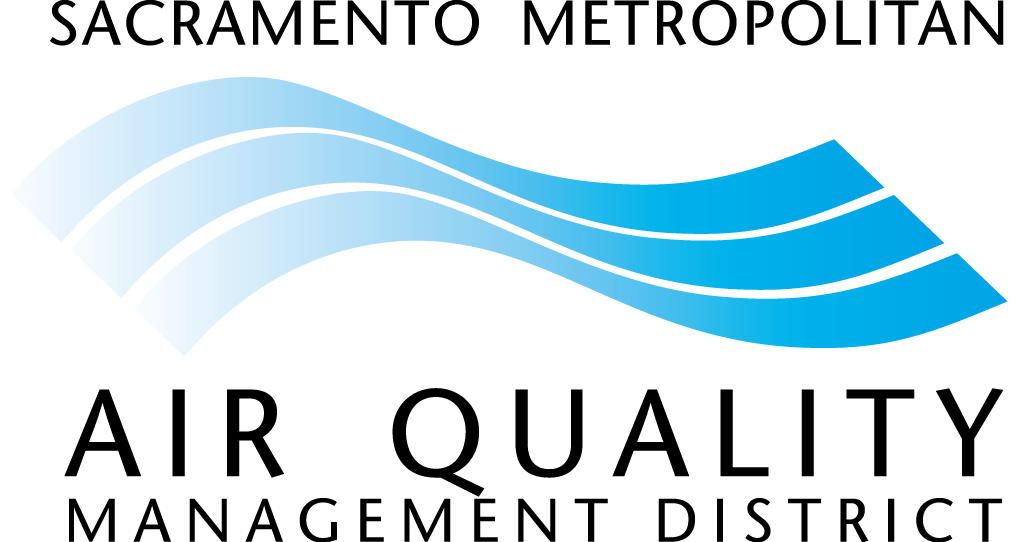


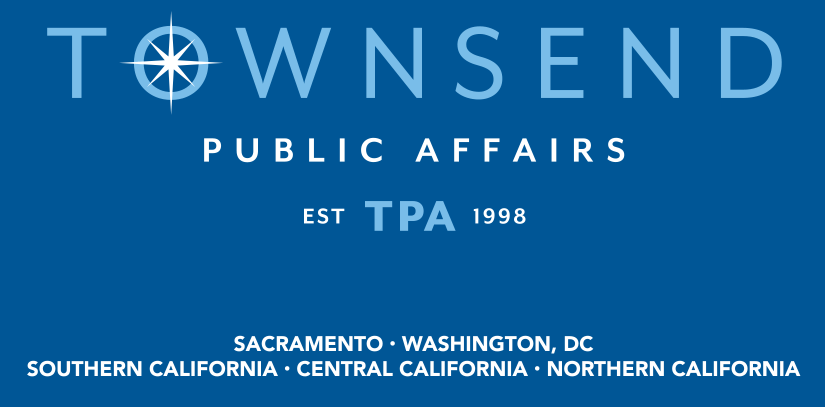 Wesley Chesbro Jake and Barbara Mackenzie
Wesley Chesbro Jake and Barbara Mackenzie
Thank you to our 2017 Conference Promotional Partners!
The conference’s promotional partners play a vital role in the overall success of this event. Through their non-monetary support, agencies, organizations and associations get the word out about this conference to policymakers throughout the state.
- Institute for Local Government
- Redwood Coast Energy Authority
- Santa Barbara Air Quality Management District
- Sierra Business Council
- Silicon Valley Leadership Group
- Southern California Latino Policy Center
- Western Riverside Council of Governments
Download a Conference-Flyer!


